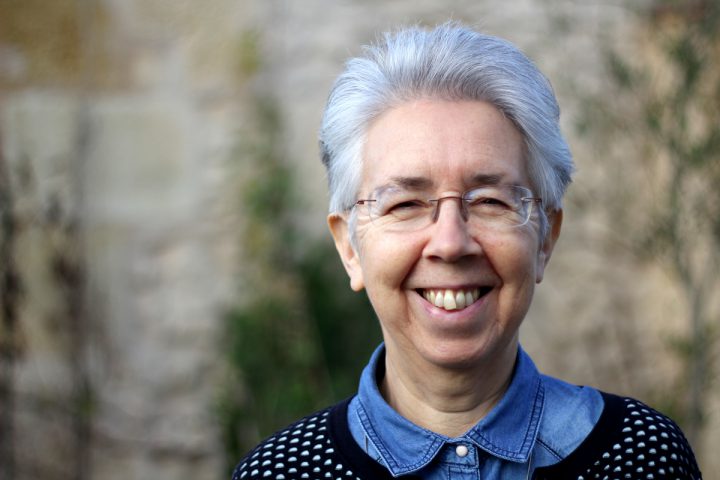Join world renowned meditation teacher Martine Batchelor as she presents a deep and comprehensive examination of the nature of consciousness.
The course will explore the five conditioning functions of consciousness, also known as the five omnipresent factors of consciousness or, technically, the five nama factors:
contact, feeling, perception, intention, and attention
and their relevance to mindfulness and meditation practice in daily life.
The Buddha said in an early sutta:
“When what exists does consciousness come to be? By what is consciousness conditioned?” Then, monks, through careful attention, there took place in me a breakthrough by wisdom: “When there is name-and-form, consciousness comes to be; consciousness has name-and-form as its condition.”
In this quote, the Buddha posits that consciousness (Pali: vinnana) is an emergent property of name-and-form (Pali: namarupa). In the early Buddhist tradition it was used to refer to the material and mental conditions that generated consciousness.
“Form” (as in form and matter) refers to the material world that impacts the senses; “name” refers to the primary mental processes triggered by our moment-to-moment encounters with the world. “Name” is constituted by five elements—contact, feeling, perception, intention, and attention.
In this course Martine will show how beneficial it can be for one’s practice and one’s life to reflect and explore these five conscious potentialities in depth.








